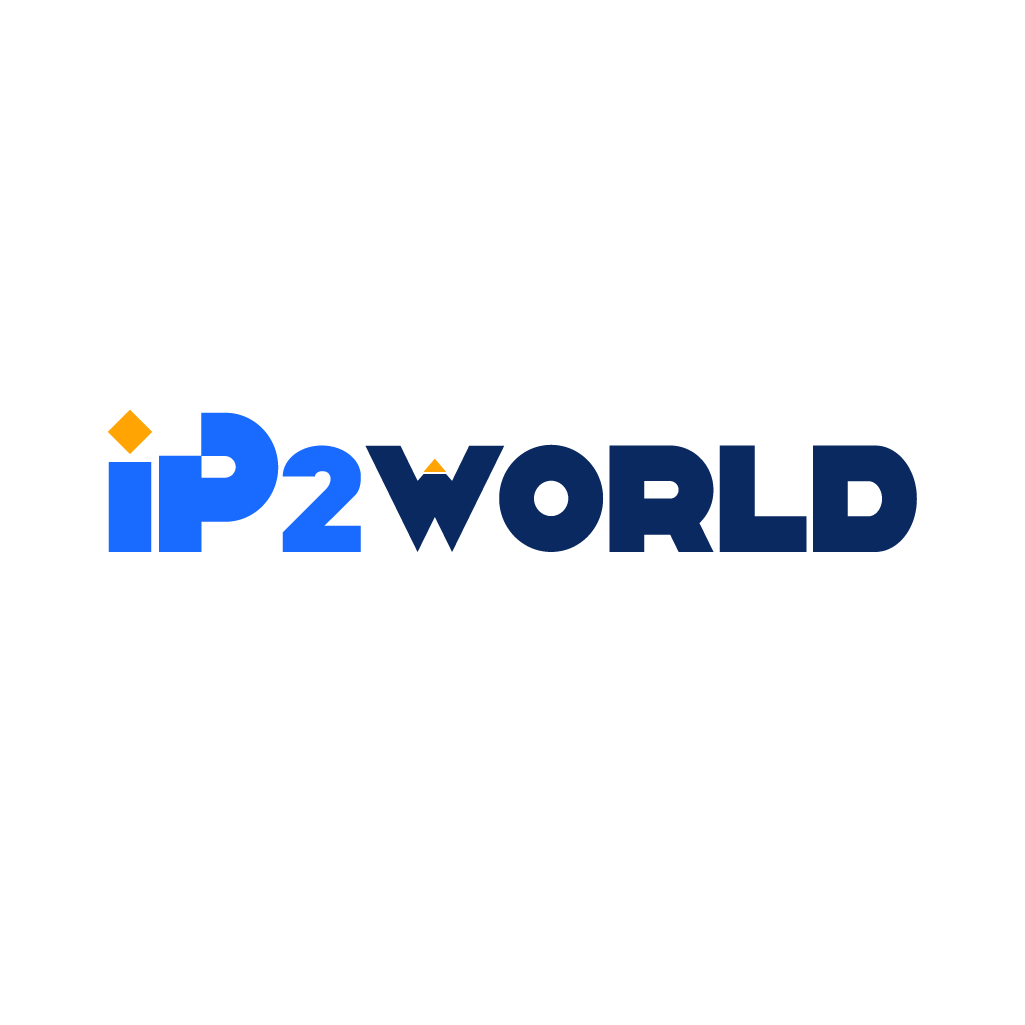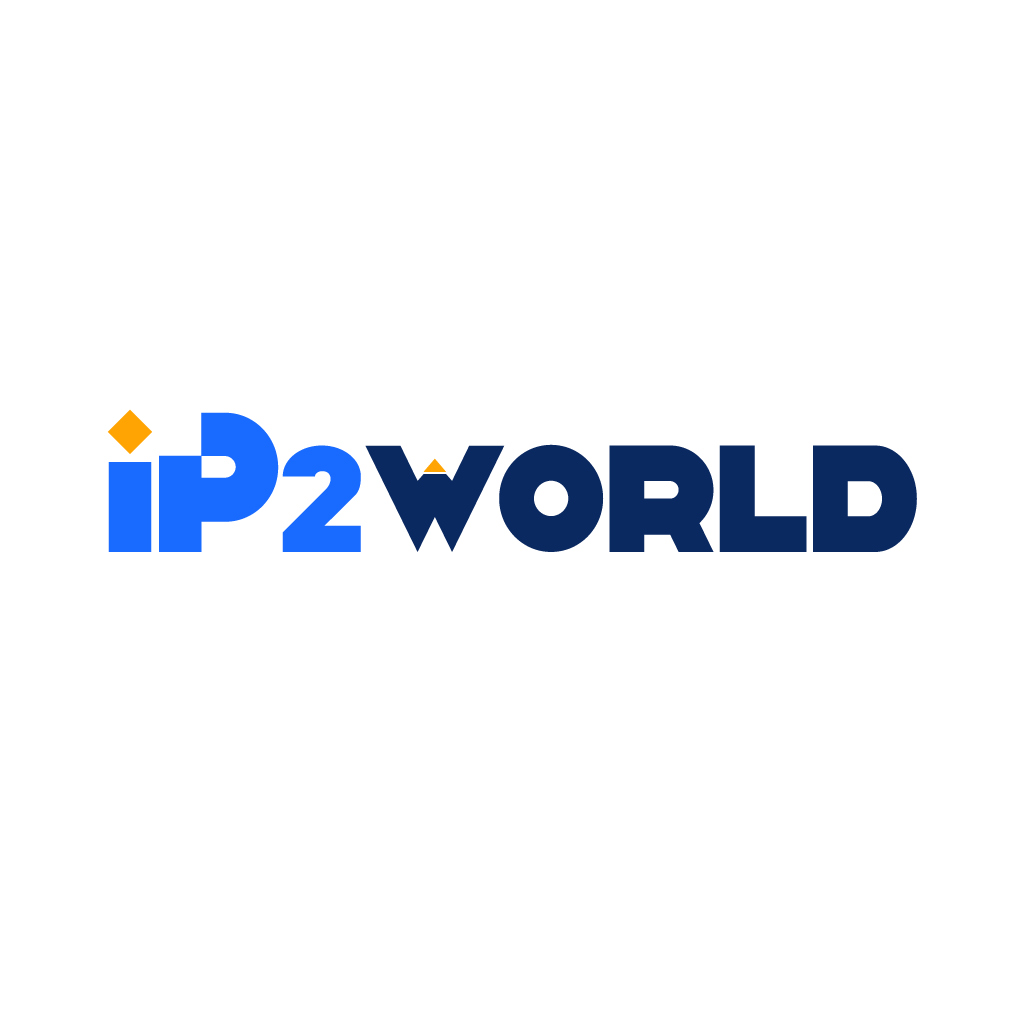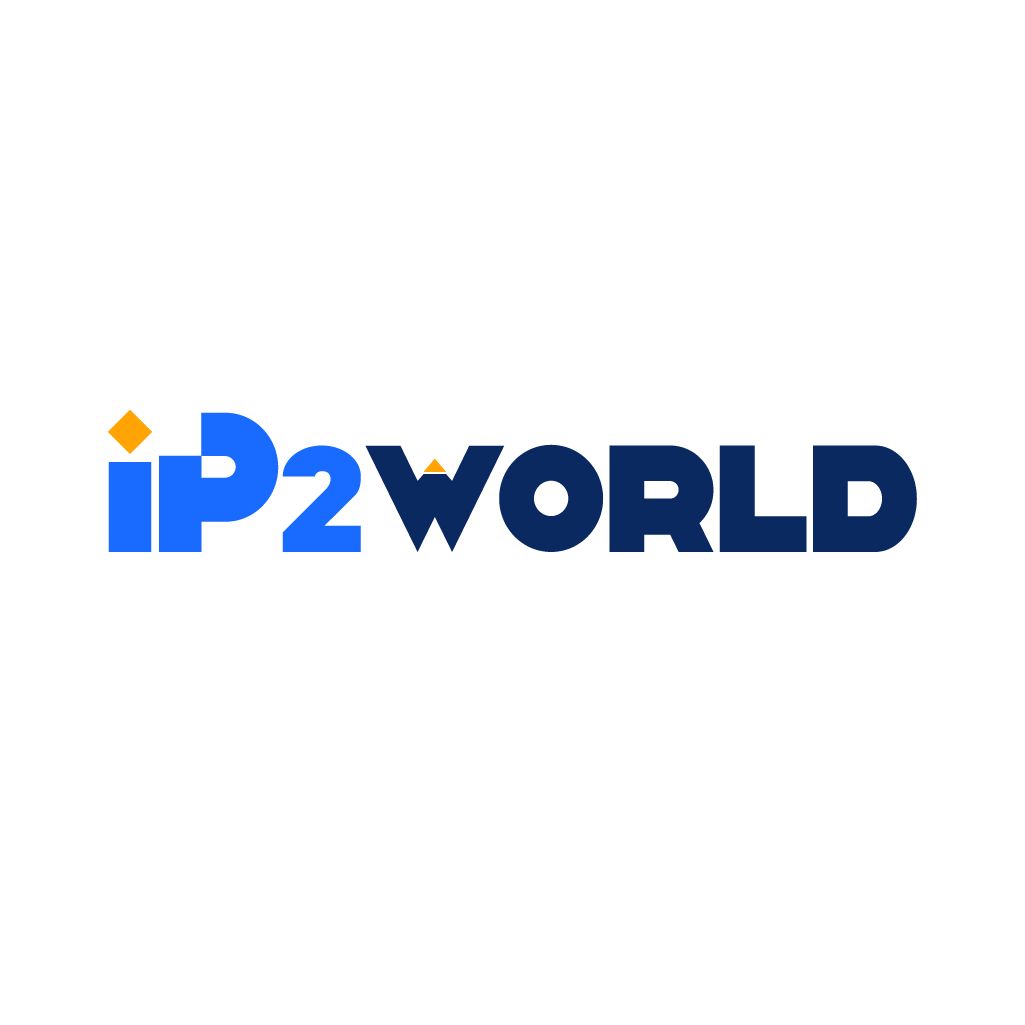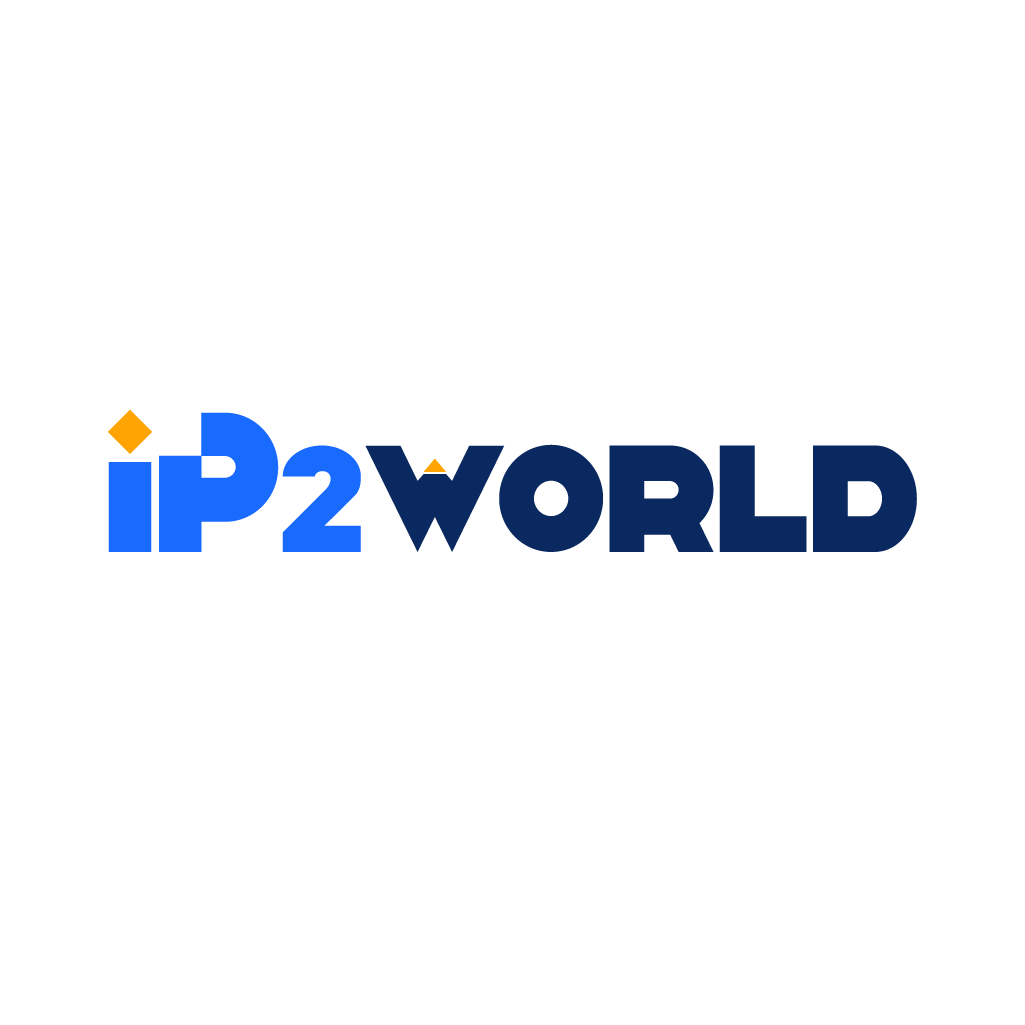In today's hyper-competitive digital landscape, businesses, especially those in the sports shoes industry, are constantly seeking innovative strategies to gain a competitive edge. Among these strategies, the utilization of residential proxy IPs stands out as a game-changer, offering a myriad of advantages that can significantly elevate the performance of businesses in this sector. Let's delve into why residential proxy IPs are the preferred choice and how they can revolutionize the sports shoes business.\Unrivaled Anonymity and Security: Residential proxy IPs provide an unparalleled level of anonymity and security, crucial for businesses engaged in online activities. By masking the real IP address with that of a residential user, businesses can conduct their operations discreetly, safeguarding sensitive information such as pricing strategies, inventory levels, and marketing tactics from prying competitors and malicious actors.Effortless Geo-Targeting: The sports shoes market is global, with diverse consumer preferences and trends varying from one region to another. Residential proxy IPs enable businesses to effortlessly penetrate different geographical markets by allowing them to appear as local entities. This facilitates geo-targeted advertising campaigns, localized content delivery, and accurate market analysis, thereby enhancing customer engagement and driving sales.Bypassing Restrictions and Anti-bot Measures: Many e-commerce platforms and websites implementing anti-bot measures can pose significant challenges for businesses, hindering their ability to collect data, conduct market research, and monitor competitor activities. Residential proxy IPs circumvent these restrictions by mimicking genuine user behavior, enabling businesses to access valuable insights and stay ahead of the competition without being detected.Enhanced Web Scraping Capabilities: Web scraping is an indispensable tool for gathering crucial data on product pricing, customer reviews, and market trends. Residential proxy IPs excel in this domain by allowing businesses to scrape data from various sources at scale, without triggering security mechanisms or IP bans. This enables dynamic pricing strategies, real-time competitor analysis, and informed decision-making, empowering businesses to adapt swiftly to market fluctuations.Optimized Sneaker Bot Performance: The sports shoes industry is notorious for its limited edition releases and high-demand sneaker drops, often leading to fierce competition among sneaker enthusiasts and resellers. Residential proxy IPs optimize sneaker bot performance by distributing tasks across multiple IP addresses, reducing the risk of detection and increasing the chances of securing coveted items during online releases. This is particularly advantageous for businesses engaged in sneaker resale, enabling them to capitalize on lucrative opportunities and maximize profits.Maintaining Brand Reputation and Integrity: In an era where brand reputation is paramount, businesses must uphold integrity and authenticity in their online activities. Residential proxy IPs facilitate ethical data collection practices by ensuring compliance with website terms of service and respecting server resources. By maintaining a positive online presence and fostering trust among consumers, businesses can safeguard their brand reputation and foster long-term customer loyalty.In conclusion, the adoption of residential proxy IPs offers a plethora of advantages for businesses operating in the sports shoes industry, ranging from enhanced anonymity and security to optimized web scraping capabilities and improved sneaker bot performance. By harnessing the power of residential proxy IPs, businesses can gain a competitive edge, expand their market reach, and thrive in the dynamic landscape of online retail. Embracing this innovative technology is not just a choice but a necessity for those aspiring to stay ahead in the race for success.
2024-04-25





